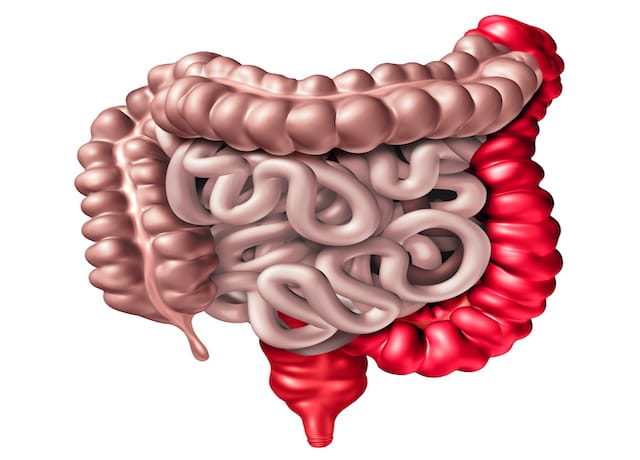Colorectal cancer is the third most common cancer and the second leading cause of cancer deaths worldwide.
Researchers from ETH Zurich in Switzerland have revealed how colon cancer cells colonize the liver, which could help develop future treatments that can stop the formation of often-fatal metastases.
This study Nature Cell The research was led by Andreas Moore, assistant professor in the Department of Biological Systems Science and Engineering at ETH Zurich.
Currently the third most common type of cancer and the second leading cause of cancer deaths worldwide, colorectal cancer (also known as bowel cancer) occurs when abnormal cells begin to divide and grow uncontrollably in the large intestine and rectum.
In most cases of fatal cancer, metastasis is the most likely cause, which occurs when the primary tumor releases cells and invades other organs in the body.
As there are currently no treatments to prevent metastasis, the researchers tested genetically modified mice and found that colon cancer cells possess a protein called Plexin B2 and a specific protein from the semaphorin family, a large family of secreted and transmembrane proteins conserved from invertebrates to mammals, that enable colon cancer cells to attach to liver cells.
“Colon cancer spreads to the liver because of the blood flow,” Moore explained.
Furthermore, the study showed that colon cancer metastases to the liver earlier and more frequently when tumors contain large amounts of semaphorins on their surface. Triggered by plexins and semaphorins, colon cancer cells begin to change.
To leave the primary tumor, cancer cells must change their properties by detaching from the surface layer of the intestine and severing close connections with neighboring cells.
The researchers believe that further research into the interactions between plexins and semaphorins may be successful in preventing cancer from forming new tumours.







